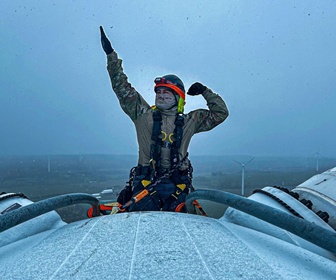The European Commission has introduced a new framework for State Aid, known as the Climate, Energy and Environmental Aid Framework (CISAF), to support the Clean Industrial Deal. Published on 25 June 2025, CISAF enables EU Member States to fund strategic projects in electrification, industrial decarbonisation, and clean tech manufacturing. The framework will remain in place until the end of the decade, providing long-term policy and investment clarity.
CISAF builds on the 2023 Temporary Crisis and Transition Framework and is central to the EU’s broader goal of strengthening industrial resilience and competitiveness through the Clean Industrial Deal. It allows temporary electricity price relief for electro-intensive industries, subject to conditions such as investment in renewables, storage, demand-side flexibility, or electrification.
The framework prioritises direct electrification, particularly for industrial heat processes up to 500°C, using established technologies like electric boilers and thermal storage. It also enables capital expenditure support for clean tech manufacturing, which is key to expanding the European wind energy supply chain in line with the EU’s 36 GW wind manufacturing target under the Net-Zero Industry Act.
Further measures include support for grid equipment manufacturing and fast-track approval procedures, recognising the need for faster grid expansion to integrate renewables. CISAF also allows funding for repowering projects, covering associated costs such as turbine dismantling, to improve output and efficiency from existing wind farms.
WindEurope has welcomed the new framework and aims to work with industry and national governments to accelerate decarbonisation and scale up European clean tech.










